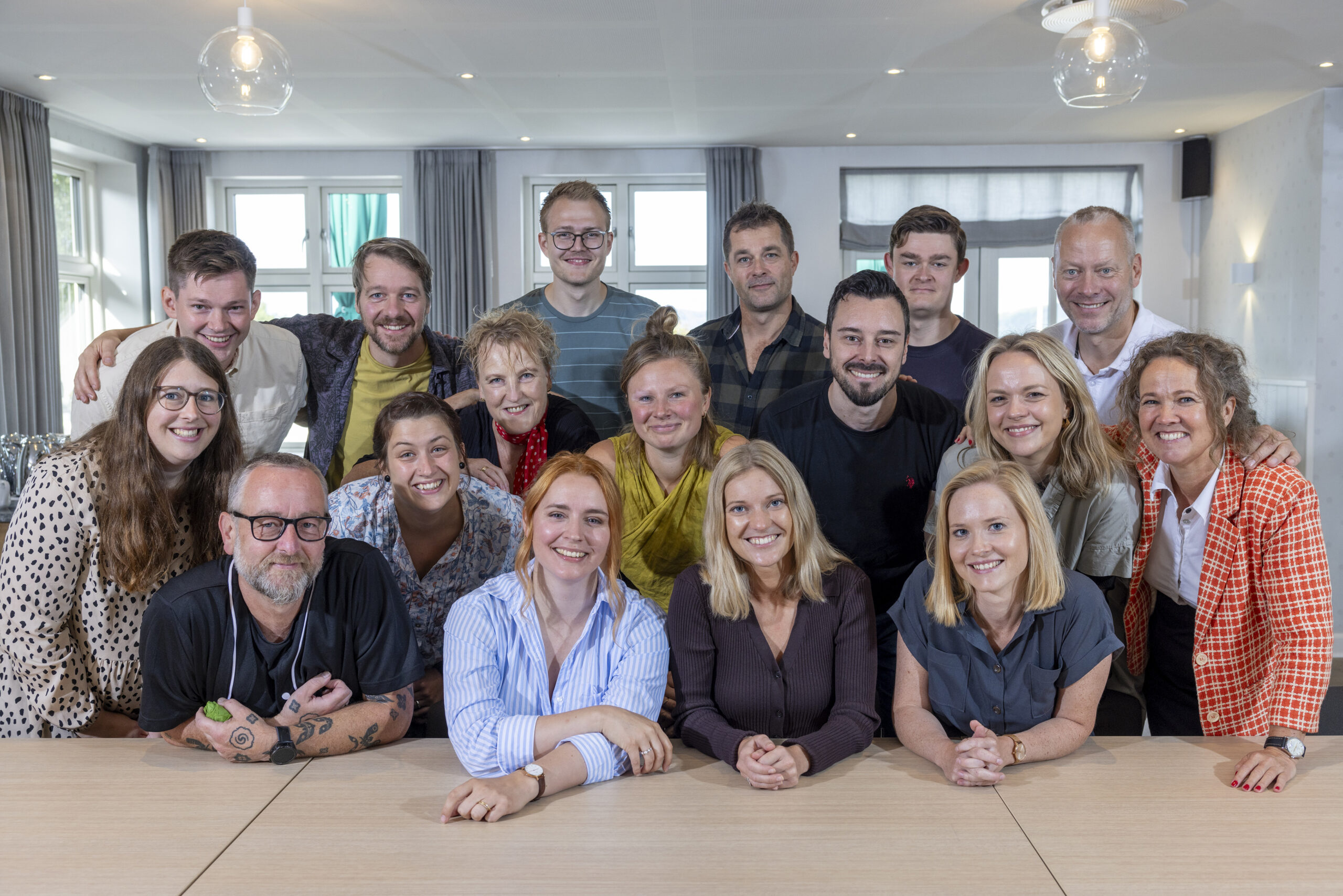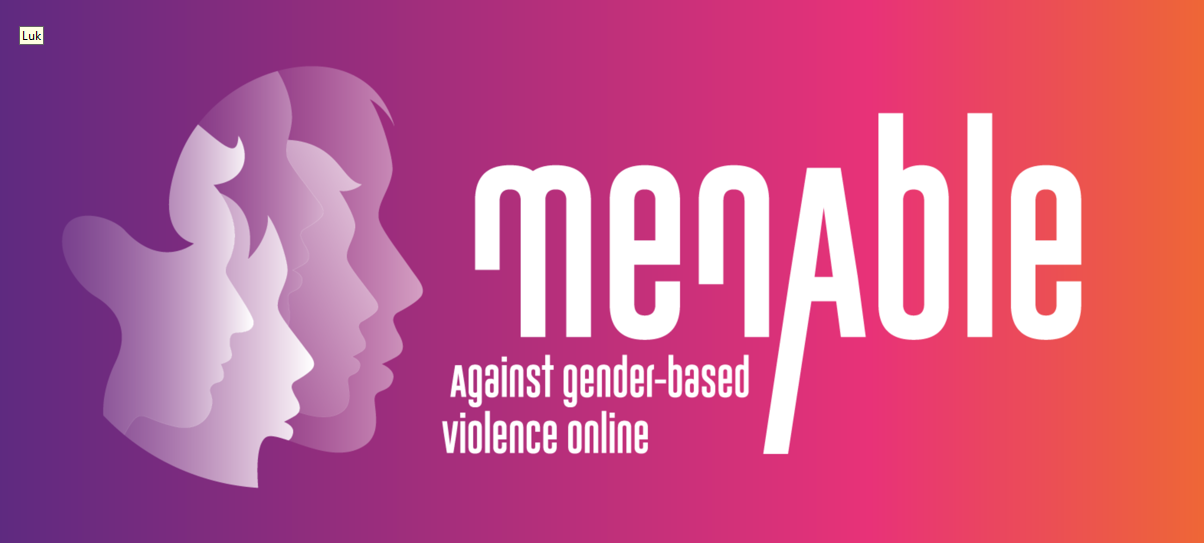A Blind Eye to Child Pornography?
Denmark has a child pornography filter. And it is such a resounding success that there are plans to spread it throughout EU, and to other areas such as illegal gambling and terror recruiting. But is censorship really the way to secure the best interests of the children, and the web as a positive resource?
The so-called success is easy to measure and explain:
• Private persons report a certain page, the police check whether it is actually child pornography, and if so block the site.
• There are reported approximately 50-100 sites a day, of these 5-10 are blocked.
• Those sites are often blocked; the police have even reported up to 2700 daily attempts to access one of the blocked sites!
What Is In Fact Blocked?
First of all, the sites that are blocked are rarely made by pedophiles for pedophiles, full of child pornography. It is often pornographic sites with thousands of pictures, video clips, or links, one of which has been estimated to be illegal. An impartial analysis made in Germany last year only found illegal material on less than 2 per cent of these sites. The majority had long since closed. It also explains the frightening number of blockings per day; 2700 attempts to watch child pornography in Denmark. But there is really no reason to assume that the visitors are looking for child pornography; the sites contain so much more that we cannot draw conclusions. So in fact, we do not know whether we have stopped even one pedophile from viewing illegal pornography at least once! And we provide no opportunity for appeal or any other form of review of the system.
Who Are Stopped?
On the contrary, there is good reason to believe that the real attempts to access child pornography will circumvent the filter completely, and otherwise succeed without problems. The filtering occurs at the DNS level, which in simple terms is equivalent to deleting people from the directory. When you write `google.com´ in your address bar or click on a link for the same, your computer looks up the right so-called IP address in an online `directory´ – when you visit Google, you are in fact visiting `74.125.79.99´. There are thousands of so-called `directories´ (DNS servers) and the child pornography filter works by altering a few Danish ones. It takes about 30-60 seconds to ask the computer to use another DNS server, and then you are 100 percent free from the filter for the indefinite future.
Pedophiles using the web to find child pornography have thus been delayed approximately 60 seconds by the initiative. With a google search or a little help from others, or the salesmen you want to stop, and you have instant access to everything again. And then the cash flow, which the initiative was to attack, is completely unaffected.
What Can We Do?
In our online counselling, Cyberhus, we are confronted with children who have experienced the unthinkable. We ca,n as society and neighbour, not do enough to find and help these children, and our contribution is to be ready with a hand as soon as they reach for one. We are just as uncomprehending and disgusted by the poor wretches living with such a stunted sexuality that they are driven to these assaults, and fully support initiatives to help with investigation, apprehension, and subsequent treatment of them.
But we cannot condone all of Denmark collectively putting on a pair of expensive, rose-coloured glasses instead of working to actually get rid of the problem. AK Zensur, who analysed parts of the Danish blocking list, sent emails to the providers of the three (out of 167!) sites that actually contained illegal material – two of them were removed within 30 minutes. Contrary to the approach of the Danish child pornography filter, the material was then completely removed from the web, and not only made invisible to the Danish people (who choose to accept the blocking).
Our priority should be to continue and strengthen the investigation and the international collaboration which is already yielding results in actually finding the perpetrators and stopping concrete assaults. To curb the spread of child pornography can only be a distant secondary goal, which can only be deemed a success when we remove the material where it is really located, and preferably also identify its source.
The Blind Eyes
When we instead censor, we turn a blind eye in two ways: First of all, we choose as a nation not to look at it instead of actually doing something about it. Second, we produce a lot of statistics, lists of suspicious sites, and put a lot of people to work – and tell ourselves that we have done something and achieved success by delaying a couple of pedophiles’ hunting for porn a few minutes.
It is a wrong priority, a dangerous slippery slope towards more and more censorship, and it lull us into false security.
This blog post is somewhat inspired by an article in the Danish newspaper Information – ´ Børneporno er et argument, der trumfer alt andet´.
The German report on the blocked sites is avaible in English as .pdf
]]>


Hvis du vil sætte et par ord på din tilbagemelding, vil det hjælpe os rigtig meget, til at kunne forbedre vores indhold.